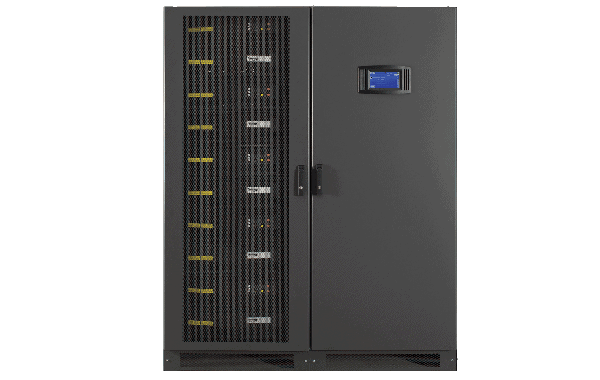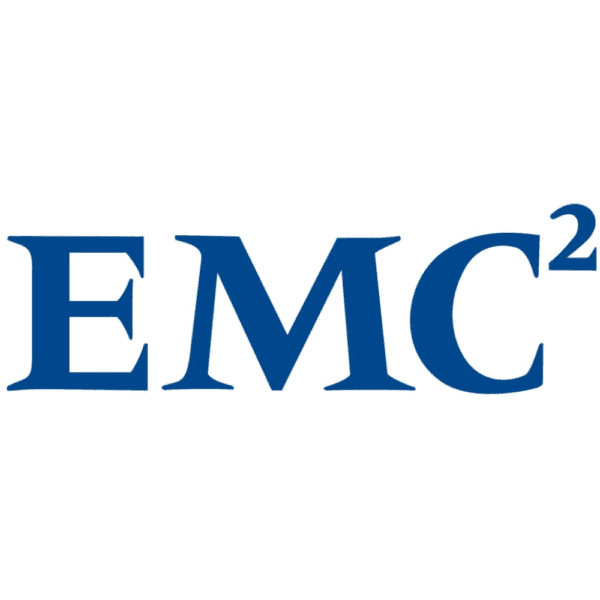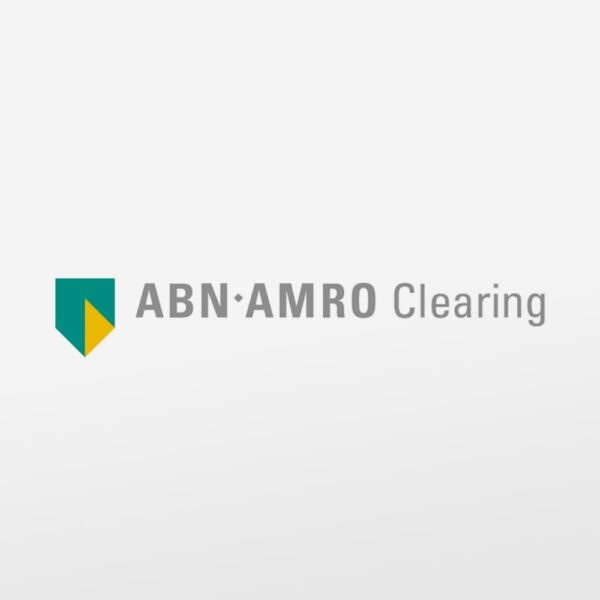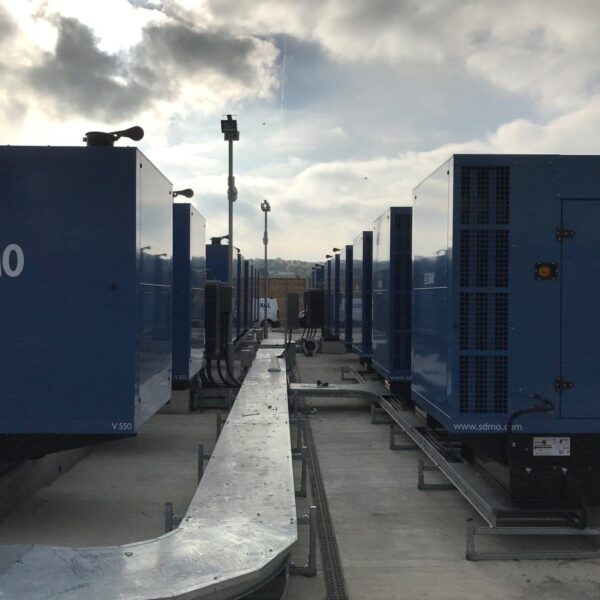Although cryptocurrencies like Bitcoin and Ethereum are sometimes controversial, they are having an undoubted impact on the financial sector. This is highlighted in an article [i] published in April 2018 by Interxion, which supply data centre solutions in this area. For example, it reports survey results showing that as of November 2017, Bitcoin transactions were running at 12,000 an hour across 96 countries.
This is reflected in the uptake of blockchain, which is the technology that powers cryptocurrency. The article cites PWC’s Global FinTech Report 2017 [ii], which found that 77% of financial sector incumbents will adopt blockchain as part of their systems or processes by 2020. Given blockchain’s potential to slash bank infrastructure costs by 30% and drive savings of up to $12bn per year, the article comments, it’s no surprise that the race to innovate is on.
The article continues: ‘Capitalising on the many potential applications of blockchain technology demands that financial firms innovate at scale and speed, with the freedom to experiment and collaborate easily. As such, the data centres supporting firms with connectivity, processing and storage must also be agile.’
As suppliers of UPSs in such data centres, it’s essential that we deliver a level of UPS technology that fulfils these demands for innovation and agility. Our response is a family of modular solutions that can power loads ranging from 10kW up to 3MW while offering all the other features expected of today’s high-specification UPSs.
The KOHLER PW 9500DPA UPS provides a good example of how these features can be combined. Each unit comprises a cabinet that can accept from one to five 100kW modules to suit the load size. A system could start life with just one module, then accept more to keep pace with a growing load. This is done very simply, as the modules are ‘hot-swappable’, meaning that they can be safely plugged into or removed from the cabinet without causing risk to, or interrupting power to the critical load.
If blockchain developments or other factors drive further load growth, several KOHLER PW 9500DPA cabinets – up to six in total – can be paralleled to provide a total protected power rating of 3MW when all are fully populated.
This combination of ‘vertical’ and ‘parallel’ scalability brings several benefits. Firstly, it facilitates the level of rapid flexibility demanded by fast load growth; this allows data centres to meet the challenges described above, even if growth is extreme. This flexibility also means that users only have to power and cool their actual requirement, maximising energy efficiency and reducing waste.
Secondly, system availability can be increased by adding one or more extra modules for N+n redundancy. This is possible because the system is designed using Decentralised Parallel Architecture (DPA), where each module comprises a complete, fully-functional UPS. With the minimum common components or single points of failure, availability becomes very high; up to ‘six nines’, or 99.9999%.
While high scalability and availability are essential in these environments, rising energy costs and Green concerns have made energy efficiency an equally important issue. The UPS Modular family solves this by providing an online efficiency of up to 97%, which can be increased to 99% by switching into Eco mode. This efficiency can be preserved even at low load levels by enabling Xtra VFI mode; this automatically adjusts the number of active modules to match changing load requirements. The modules that remain active are kept more fully loaded and therefore more efficient. Efficiency improvements are particularly significant when the load drops to 25% or less of the full UPS capacity.
Overall, hot-swap modular technology as implemented in the UPS Modular family help data centre operators respond effectively to rapidly increasing capacity demand, while still achieving two other key objectives of UPS performance – availability and energy efficiency.





